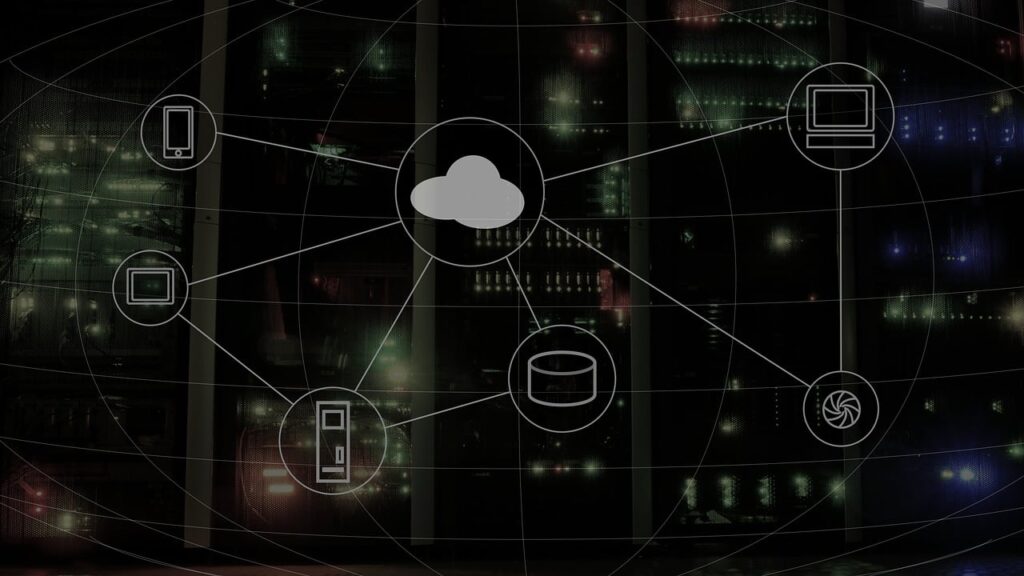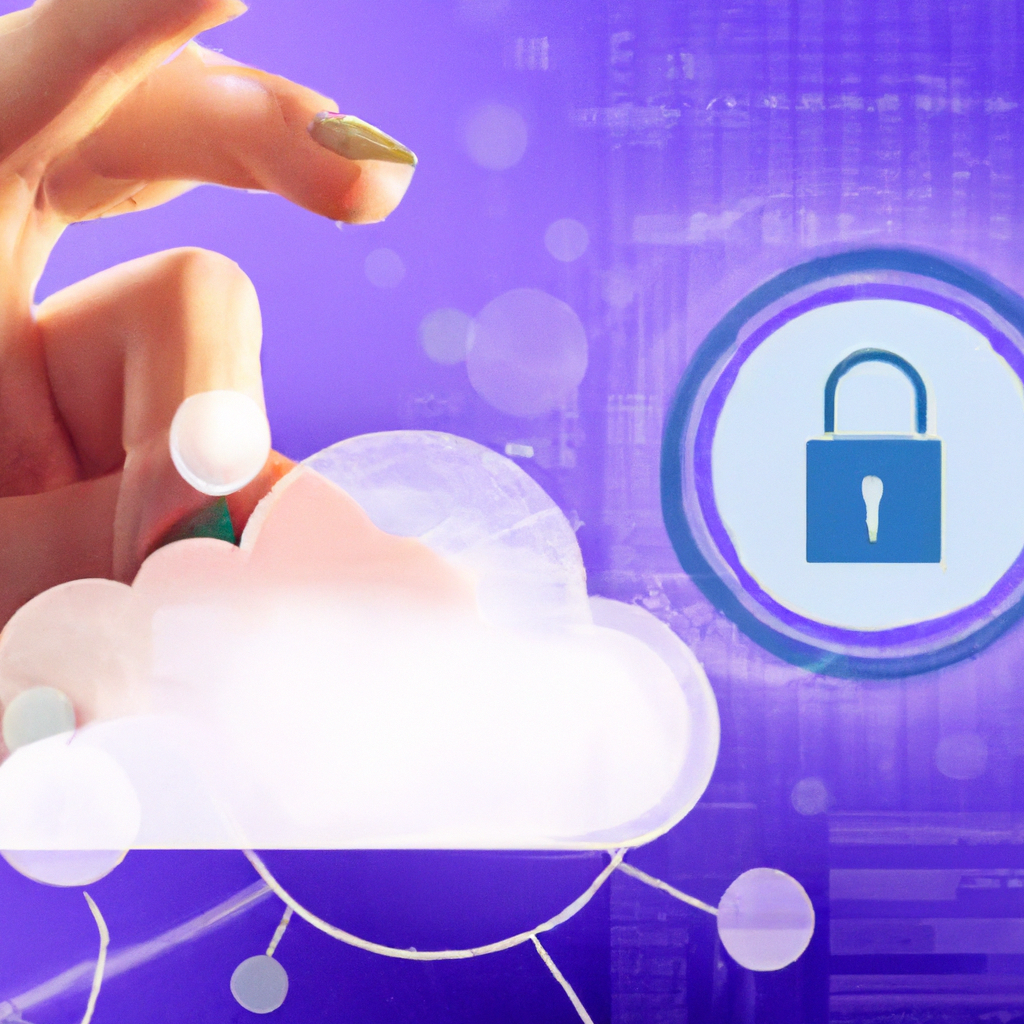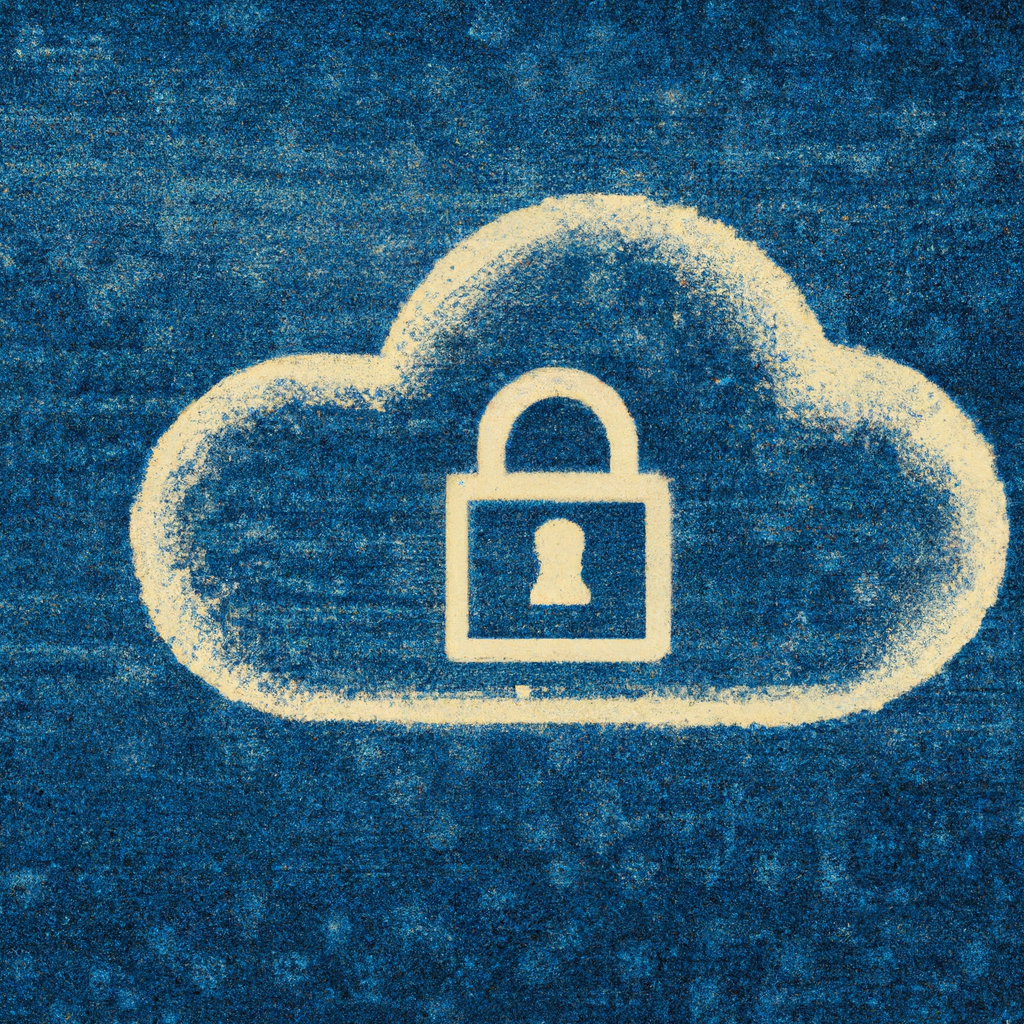We have all experienced the frustration of dealing with bureaucratic processes in government organizations. But what if we told you that there is a solution that can unlock unprecedented efficiency in the public sector? Enter GCP for Government, a game-changing platform that revolutionizes the way government agencies operate. With its tailored suite of tools and services, GCP for Government empowers public sector organizations to streamline their operations, enhance collaboration, and deliver better services to citizens. In this article, we will explore the key features and benefits of GCP for Government and how it is driving innovation in the public sector.

Overview
What is GCP?
GCP, or Google Cloud Platform, is a suite of cloud computing services offered by Google. It provides cost-effective infrastructure, data analytics, machine learning, and other tools that enable businesses and organizations to build and deploy applications, store and analyze data, and leverage artificial intelligence.
Why is GCP important for the government?
GCP is important for government agencies because it offers a secure and reliable platform that can help them optimize their operations, improve citizen services, and enhance data security. By leveraging cloud computing, government organizations can access advanced technologies and resources that were once only available to large corporations, helping them deliver more efficient and effective services to the public.
Benefits of using GCP for government agencies
There are several benefits for government agencies that choose to use GCP. These include cost savings, scalability, improved data security, enhanced collaboration and remote work capabilities, and access to advanced technologies such as artificial intelligence and machine learning. By leveraging GCP, government organizations can streamline their operations, improve citizen services, and make data-driven decisions that lead to better outcomes for the public.
Cloud Computing for Government
Understanding cloud computing
Cloud computing is a model that enables the on-demand delivery of computing resources, such as servers, storage, and software applications, over the internet. It allows organizations to benefit from flexible and scalable infrastructure without the need for physical hardware on-site. With cloud computing, resources can be easily provisioned and released, providing agility and efficiency for government agencies.
Application of cloud computing in the government sector
Cloud computing has several applications in the government sector. It enables government agencies to store and access vast amounts of data securely, collaborate and share information easily, and deploy applications and services quickly. Moreover, cloud computing can support disaster recovery and backup solutions, ensuring that critical government data is protected and can be easily recovered in the event of an incident.

GCP Features and Services
Infrastructure as a Service (IaaS)
Infrastructure as a Service (IaaS) is a cloud computing model that provides virtualized computing resources over the internet. With IaaS, government agencies can access scalable infrastructure, including virtual machines, storage, and networks, without the need to invest in physical hardware. GCP’s IaaS offerings provide high-performance and secure infrastructure that enables government organizations to build and deploy their applications and services.
Platform as a Service (PaaS)
Platform as a Service (PaaS) is a cloud computing model that provides a complete platform for developing, testing, and deploying applications. GCP’s PaaS offerings, such as App Engine and Cloud Functions, allow government agencies to focus on their application logic and leave the underlying infrastructure and scalability to Google. This simplifies the development process and enables faster delivery of applications.
Software as a Service (SaaS)
Software as a Service (SaaS) is a cloud computing model that delivers software applications over the internet on a subscription basis. GCP offers a wide range of SaaS applications, such as G Suite (which includes productivity tools like Gmail, Google Drive, and Google Docs), that are specifically designed for collaboration and productivity in government agencies. SaaS solutions eliminate the need for government organizations to manage and maintain software on-premises, reducing complexity and costs.
GCP Security and Compliance
Security measures for government data
Security is a top priority for government agencies, and GCP offers a robust set of security measures to protect government data. These measures include data encryption at rest and in transit, advanced threat detection and prevention systems, identity and access management controls, and regular security audits and assessments. GCP complies with various industry standards and regulations, ensuring that government agencies can confidently store, process, and transmit sensitive data.
Compliance standards and certifications
GCP adheres to various compliance standards and certifications that are crucial for government agencies. These include ISO 27001, ISO 27017, ISO 27018, FedRAMP (for U.S. federal agencies), and various other industry-specific certifications. Compliance with these standards ensures that government organizations can leverage GCP while meeting their regulatory and legal requirements. GCP’s compliance offerings provide transparency and trust, giving government agencies the confidence to adopt cloud computing.

Use Cases for Government Agencies
Enhancing citizen services with GCP
GCP offers a wide range of tools and services that can help government agencies enhance their citizen services. For example, by leveraging GCP’s data analytics and machine learning capabilities, government organizations can gain valuable insights from large datasets, enabling them to make data-driven decisions and improve service delivery. GCP also enables the development of interactive and user-friendly applications that allow citizens to easily access government services online.
Improving data analytics and decision-making
Government agencies generate and handle vast amounts of data on a daily basis. GCP provides powerful data analytics tools, such as BigQuery and Dataflow, that enable government organizations to process and analyze large datasets efficiently. By harnessing the power of data analytics, government agencies can gain valuable insights, identify trends, detect anomalies, and make informed decisions that lead to better outcomes for the public.
Enabling collaboration and remote work
In today’s digital age, collaboration and remote work have become increasingly important for government agencies. GCP offers a suite of collaboration tools, such as Google Drive and Google Meet, that enable government employees to work together seamlessly, regardless of their location. These tools facilitate real-time collaboration, document sharing, and video conferencing, enabling government organizations to operate efficiently and effectively, even in remote or distributed work environments.
Cost Optimization Strategies
Understanding GCP pricing model for government agencies
To optimize costs, government agencies need to understand GCP’s pricing model. GCP offers a flexible pricing structure that allows organizations to pay only for the resources they use. It provides a range of pricing options, including pay-as-you-go and committed use discounts, to help government agencies manage their budgets effectively. GCP’s transparent pricing model enables government organizations to scale their usage based on their needs, ensuring cost efficiency.
Optimizing resources and usage
To maximize cost savings, government agencies can optimize their resources and usage on GCP. This can be done by leveraging GCP’s auto-scaling capabilities, which automatically adjust resource allocation based on demand, ensuring that agencies are only paying for what they need. Additionally, implementing resource usage monitoring and cost allocation tags can help government organizations identify areas of resource waste and implement strategies to optimize usage and reduce costs.
Using cost management tools and techniques
GCP provides cost management tools and techniques that government agencies can use to monitor and control their spending. For example, GCP’s Cost Explorer provides detailed cost analysis and forecasting, allowing government organizations to visualize their usage and spending patterns. Utilizing budget alerts and quota alerts can help agencies stay within their allocated budgets and proactively manage their costs. By leveraging these tools and techniques, government agencies can effectively manage their cloud costs and achieve optimal cost savings.

Migration to GCP
Planning the migration process
Migrating to GCP requires careful planning to ensure a smooth and successful transition. Government agencies should start by assessing their current infrastructure and applications, identifying workloads that are suitable for migration to the cloud. A detailed migration plan should be developed, including considerations for data transfer, application reconfiguration, and training for IT staff. By planning the migration process thoroughly, government organizations can minimize disruptions and ensure a seamless transition to GCP.
Data transfer and migration strategies
Data transfer and migration strategies are crucial components of migrating to GCP. Government agencies need to identify the most efficient and secure methods for transferring their data to the cloud. Depending on the volume and sensitivity of the data, options may include direct transfer, export and import, or leveraging data transfer services provided by GCP. Implementing data encryption and ensuring data integrity during the transfer process are essential to maintain the security and privacy of government data.
Ensuring minimal disruptions during the transition
To ensure minimal disruptions during the transition to GCP, government agencies should implement strategies to manage the change effectively. This includes conducting thorough testing and validation of migrated applications and services before going live, communicating and involving stakeholders throughout the process, and providing training and support to IT staff to ensure they are familiar with GCP’s tools and services. By following a structured transition plan and involving key stakeholders, government organizations can ensure a smooth migration process with minimal disruptions.
Training and Support
Training resources for government IT staff
GCP offers comprehensive training resources for government IT staff to help them gain the necessary skills and knowledge to work with the platform effectively. These resources include online tutorials, documentation, and instructor-led training courses that cover various aspects of GCP, such as infrastructure management, application development, data analytics, and security. By investing in training for IT staff, government agencies can empower their teams to make the most of GCP’s features and capabilities.
24/7 support and assistance from GCP
GCP provides 24/7 support and assistance to government agencies to ensure that any issues or concerns are addressed promptly. Government organizations can access technical support through various channels, including phone, email, and live chat. GCP’s support team is staffed with experienced professionals who can provide guidance, troubleshooting assistance, and best practices recommendations. This level of support and assistance ensures that government agencies can rely on GCP to meet their needs efficiently and effectively.
Community forums and knowledge sharing
GCP fosters a vibrant community of users, including government agencies, who actively participate in forums and knowledge-sharing platforms. Government IT staff can leverage these platforms to connect with peers, ask questions, share experiences, and learn from others’ expertise. GCP’s community forums provide a valuable resource for government agencies to stay updated on new features, best practices, and real-world use cases, enabling them to make the most of GCP’s capabilities.

Success Stories
Case studies of government agencies benefiting from GCP
There are numerous success stories of government agencies that have benefited from using GCP. For example, the U.S. Department of Defense has migrated its systems to GCP, improving operational efficiency and enhancing data security. The State of Arizona has leveraged GCP’s data analytics capabilities to gain insights into unemployment trends and improve workforce development programs. These case studies highlight the transformative impact of GCP on government operations and service delivery.
Quantifiable improvements and outcomes
Government agencies have seen quantifiable improvements and outcomes by adopting GCP. These include cost savings due to reduced infrastructure and maintenance costs, faster application development and deployment, improved data security and compliance, enhanced citizen services, and streamlined collaboration and remote work capabilities. These tangible outcomes demonstrate the value that GCP brings to government organizations and the potential for further improvements in the future.
Conclusion
GCP offers a wealth of benefits and potential for government agencies. By leveraging cloud computing, government organizations can optimize their operations, improve citizen services, enhance data security, and make data-driven decisions. With its robust security measures, compliance standards, and advanced features, GCP provides a secure and reliable platform for government applications and services. The future prospects of GCP in the public sector are promising, as more government agencies recognize the advantages of cloud computing and embrace GCP’s capabilities to create a more efficient and effective government for the public.
